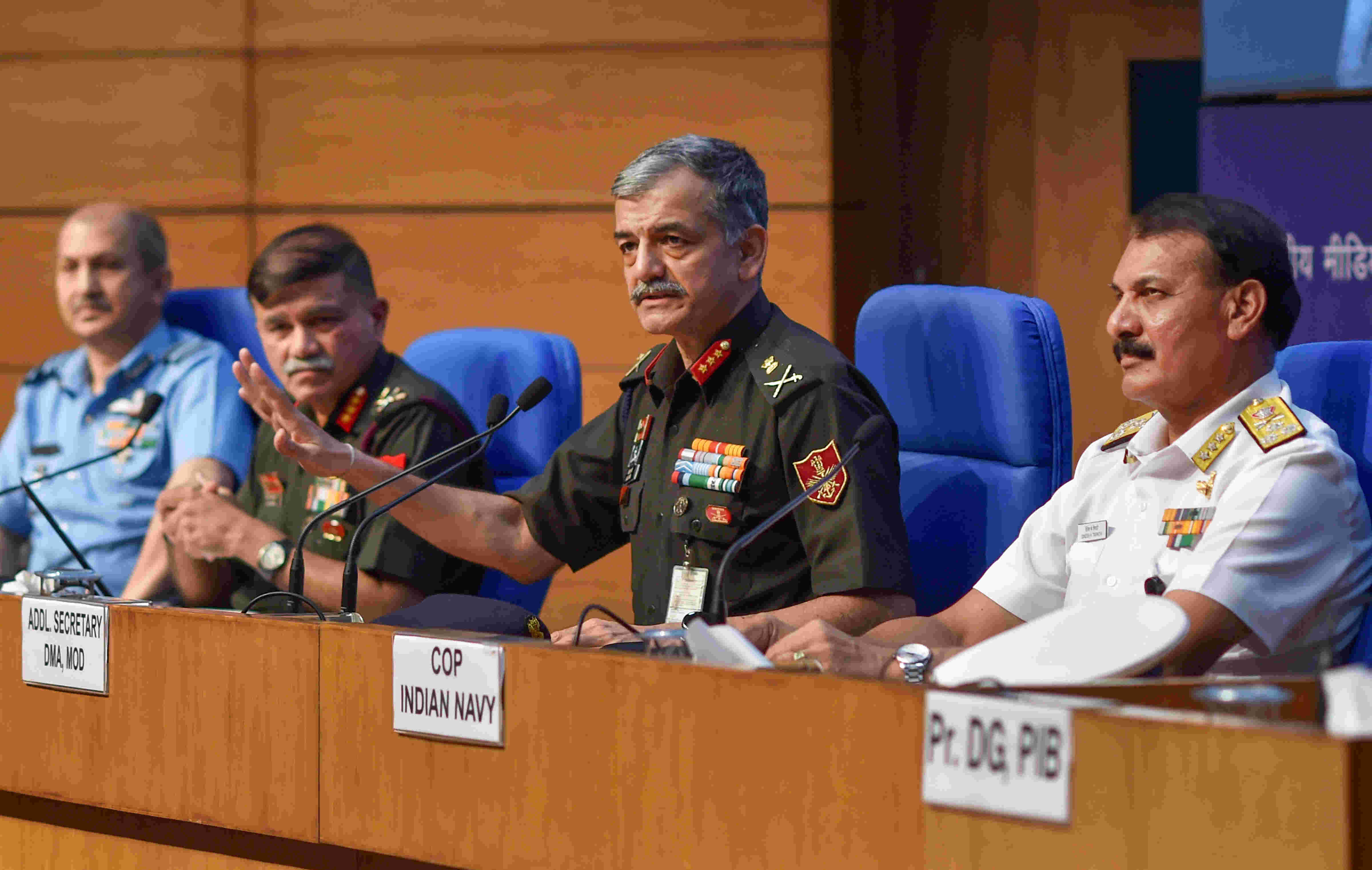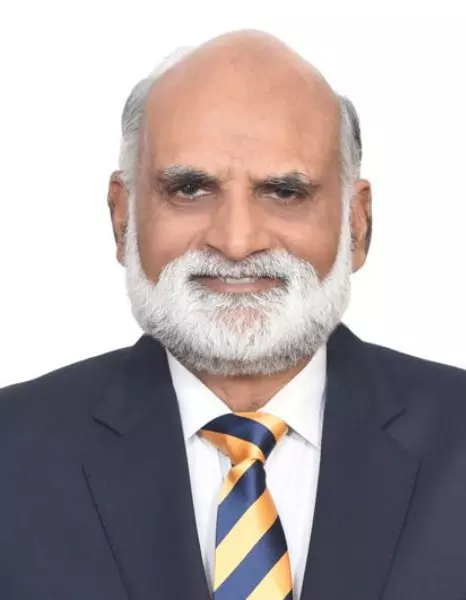On the right trail
Widespread induction of youth into armed forces has proven efficacy in several nations, and could drive India’s growth as it enters the 'Amrit Kaal'

The introduction of the Agnipath scheme has led to a wide-ranging debate in the country. This military recruitment policy for the Air Force, Navy and Army will recruit youngsters — referred to as Agniveers in the age bracket of 17-and-a-half to 21 years for a four-year period — with a provision to retain 25 per cent of them for an additional 15 years.
While on one hand, the policy has been hailed by many as a 'transformative reform' measure for recruitment in the armed forces which will provide an opportunity to the youngsters to serve the country, on the other hand, it has raised speculations among several quarters, especially on grounds of its limited period of service, making 75 per cent of the recruits ineligible for pensions, along with no permanent jobs and post-retirement benefits. Addressing this concern, the Defence Minister of India has rightly put that the ploughing back of skilled, disciplined, motivated and patriotic Agniveers into civil society after the four-year military service, would prove to be a great asset and a "win-win proposition" for the nation. Moreover, the 'Seva Nidhi' compensation of over 11 lakhs offered after four years of service will aid Agniveers to start a career and manage expenses without any financial pressure.
While the advantages and the disadvantages of this scheme can be argued, one must understand that perhaps it is for the first time, that through the creation of large number of disciplined workforces, India will produce a pool of skilled youngsters who can not only contribute to India's defence preparedness but will also enhance their ability in creating opportunities for themselves which, in the long term, will contribute towards nation building.
As India completes 75 years of its independence this year, we stand at a historic juncture in creating our nation's history. The devotion and love towards our motherland and passion with which the youth of the pre-independent India fought against the atrocities of the British Raj are still etched in our memory. As we enter India's Amrit Kaal – the journey of the next 25 years leading India to 100 years of its independence — it will be the commitment and passion of the youth once again, that will most certainly play a defining role in carving out the progress of our nation and propelling it towards the envisaged growth path.
With this perspective in mind, training for the youth — which instils a greater sense of civic responsibility, makes them law-abiding citizens, connects them strongly to their roots and reminds them of their duties towards the country — is extremely vital. It is in this context, that I strongly believe that Agnipath will play a significant role for the development of the youth of our country, as the training period will not only impart military training but will also infuse other skills and experiences such as discipline, physical fitness, leadership qualities, courage and patriotism — all of which are critical for serving the country in various capacities.
John F Kennedy had famously said, "Ask not what your country can do for you; ask what you can do for your country." Understanding and imbibing the concepts of civic action and public service through a scheme like this will surely make the youth of our country more socially responsible and create value for economic development. This is especially relevant in the current context as we witness large scale participation of youth in civil disobedience on several issues. We must understand that a country cannot be built on the belief of unrest and protest. The Civil Disobedience movement in pre-independent India was founded on the principle of opposing British regulations which were impeding the growth and development of our nation. While we have achieved freedom from the Britishers, the ideology of dissent is still deeply entrenched within us as we continue to get validity through a culture of protests from the reminiscences of the Indian freedom movement.
In fact, the father of our Constitution — BR Ambedkar — had cautioned against continuing a culture of public protest once the Constitution came into force. In his last speech in the Constituent Assembly in November 1949, he said, "The first thing in my judgment we must do is to hold fast to constitutional methods of achieving our social and economic objectives. It means we must abandon the bloody methods of revolution. It means that we must abandon the method of civil disobedience, non-cooperation and satyagraha. When there was no way left for constitutional methods for achieving economic and social objectives, there was a great deal of justification for unconstitutional methods. But where constitutional methods are open, there can be no justification for these unconstitutional methods."
There are 11 fundamental duties which were added to the Constitution of India through the 42nd amendment in 1976. Among other things, it also obligates citizens to respect national symbols, preserve our composite culture, safeguard public property, strive for excellence, assist in defence of our country and so on. Therefore, I strongly believe that as more and more citizens get the opportunity to serve the nation, it will promote the spirit of patriotism, direct them to behave in a virtuous manner and uphold the tenets of the Constitution both in letter and in spirit.
Several nations around the world have adopted different approaches to this idea. Some nations have conscription – compulsory military training — while some have mandatory 'service to the nation'. National Service is mandatory in Singapore for every male upon attaining the age of 18. This is applicable in the Singapore Armed Forces, Singapore Civil Defence Force or Singapore Police Force. In Turkey, young boys are made to do two years of military service after school. Russia has compulsory military service for males between 18 to 27 years of age. The Israel model provides for both boys and girls to do compulsory military service. Switzerland too has mandatory military service in the Swiss Army for all able-bodied male citizens, who are conscripted when they reach the age of maturity, though women may volunteer for any position.
There are several other examples where countries have devised optimal schemes depending on their vital needs and challenges. It is proven that compulsory service to the nation has had a deep impact on individuals and has made a positive influence in their lives. Therefore, the Agnipath scheme is bound to create more disciplined, confident, energetic and enterprising individuals. It is time we recognise India's potential and hone the skills of its massive youth population in all spheres of life. In this context the Agnipath scheme is an opportunity like never before, and must be embraced with a positive mindset towards nation building in the period of India's Amrit Kaal.
The writer is Sr. VP, Corporate Affairs & Member Corporate Management Committee, ITC Ltd. Views expressed are personal



